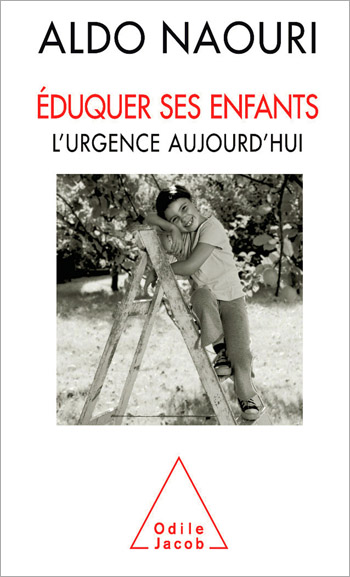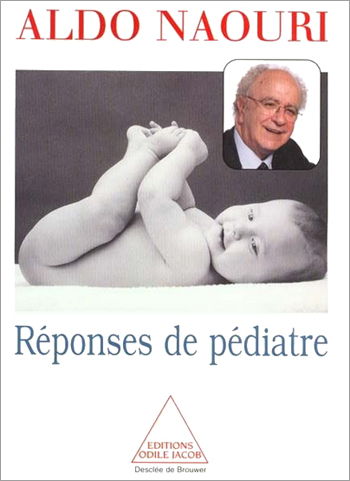Catalog All books
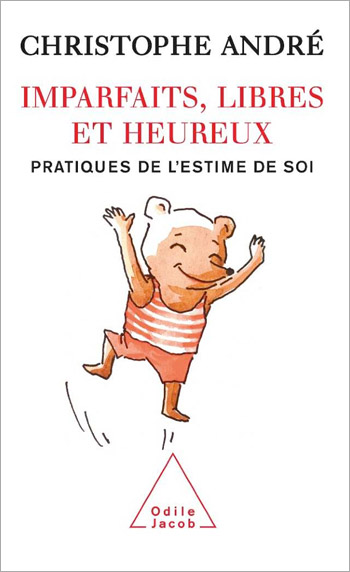
Christophe André
Imperfect, free and Happy How to Live in Friendship with Yourself
This book shows how not to drown in your own issues and how to rediscover a harmonious relationship with yourself and with the world, so as to achieve the goal of true fulfilment.

Françoise Héritier
A Delight in Words
Property fills the mouth, Hatred is spit out, Credulity is a good girl, Decision cuts like a scalpel
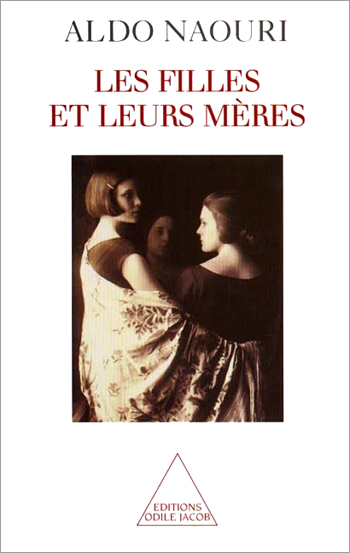
Aldo Naouri
Girls and their Mothers
According to the author, a powerful current of violence flows between daughters and their mothers.

Aldo Naouri
Mothers-in-Law Fathers-in-Law, Daughters-in-Law and Sons-in-Law
Why is it so hard to get on with your in-laws? A fascinating enquiry into the heart of family life
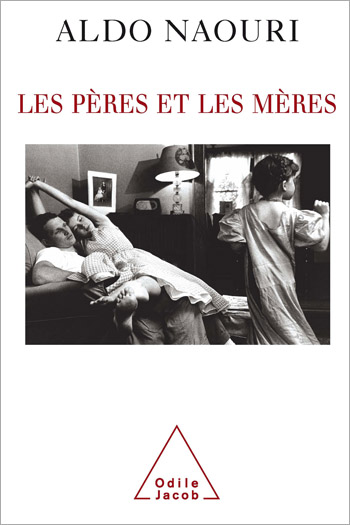
Aldo Naouri
Fathers and Mothers
The author's thesis is that in Western societies the father has been ejected from his central position in the family structure, while the mother's role has been heightened, and the child placed at the top of the family pyramid - a situation that is not good for the child.
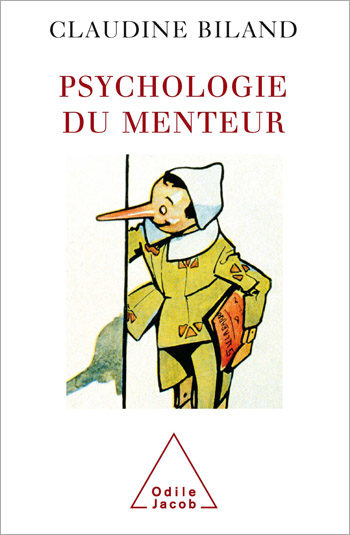
Claudine Biland
Liar's Psychology
When people tell lies what are they really trying to do? The goal of liars is to convince others that an event that never occurred took place or that they have opinions and feelings that they do not. The function of liars is thus to simulate fictional states and to dissimulate real situations; their task is to convince others - and to avoid being found out. What is it that makes liars so unbearable? Lying has a negative connotation in every culture. Children are taught not to tell lies. As a little girl says in an advert, you mustn't cheat, “'cause if you do, you betray the trust that your parents have planted inside you”. Lying always implies deceiving trust or even manipulating another's naiveté - both highly unpleasant experiences for the liar's interlocutor. How can liars be detected? Lying is a delicate, complex art, and non-verbal communication is highly fugitive and difficult to read. Nevertheless, certain conversations leave us with strange, discordant feelings. Then there are those hastily formed opinions about someone or a situation that linger on in our memories. Almost imperceptibly, the impression of sincerity is communicated through words, a voice and gestures. The goal of this book is not to determine if and when lying is justifiable, but to explain to us the types of behaviour that liars do or do not adopt and to develop our ability to unmask them. Shunning a Manichaean approach, the author shows that truth cannot govern all our everyday relations with others - neither in our professional lives nor in our private dealings with friends and partners. If we told the truth all the time, life would become unbearable. Lying is an indispensable human activity, which everyone indulges in. In this work of social psychology, the author has made available to professionals and general readers alike the results of the most advanced research on the subject of lying. Claudine Biland is a psychologist specialising in non-verbal communication. She teaches in Paris.

Caroline Huron
Dyspraxia: Motor coordination disorder
How to help children with motor coordination difficulties face their daily tasks

Marie-Frédérique Bacqué
Coping with Death
Marie-Frédérique Bacqué, a psychologist, is a lecturer at the University of Lille and the vice president of the Society of Thanatology.

Alain Connes, Danye Chéreau, Jacques Dixmier
The Quantic Theatre
A remarkable introduction to quantum mechanics



